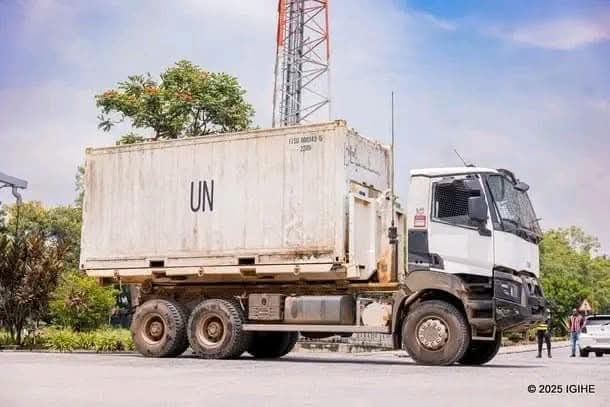By Rick Dzida
The Malawi Electoral Commission (MEC) has recently declined the opposition parties’ plea to have their own ICT auditors audit and assess the electoral system. In light of this, this article suggests the implementation of impartial ICT auditors to address this issue..
It is essential that all parties involved in the electoral process reach a consensus on the selection of these independent ICT auditors.
It is highly expected that the involvement of independent ICT auditors will significantly improve the transparency and reliability of the electoral system in Malawi, particularly given the increasing mistrust between the MEC and opposition parties.
For starters, independent auditors can provide an unbiased evaluation of the electoral systems and processes. Their assessments can help identify any vulnerabilities or weaknesses in the technology used for elections, ensuring that the system is secure and reliable.
Furthermore, they can verify the integrity of the electoral technology, including voter registration systems and results transmission processes. This verification can help ensure that the systems are functioning as intended and that there are no discrepancies.
Additionally, independent auditors can examine audit trails and logs generated by the electoral systems. This can help trace any irregularities or unauthorized access, providing a clear record of actions taken during the electoral process.
It also argued that by involving independent auditors, the MEC can build trust among stakeholders, including political parties, civil society, and the electorate. A transparent audit process can help alleviate concerns and foster confidence in the electoral outcomes.
Expectantly, after conducting their assessments, independent auditors can provide recommendations for improving the Malawi electoral system. This can include suggestions for enhancing security, increasing transparency, and ensuring compliance with best practices in electoral technology.
It is also envisaged that independent auditors can publish their findings in a manner that is accessible to the public. This transparency can help inform voters and stakeholders about the integrity of the electoral process and any areas that may need attention.
There is also a probability that engaging independent auditors can also serve as a learning opportunity for local ICT experts and the MEC. It can help build local capacity in electoral technology and auditing practices, which can be beneficial for future elections.
On the good note, the involvement of independent auditors can create a platform for dialogue between the MEC and opposition parties. Their presence can help mediate discussions and foster collaboration in addressing concerns related to the electoral process.
In summary, independent ICT auditors can enhance the integrity, transparency, and credibility of the electoral process in Malawi, helping to bridge the gap between the MEC and opposition parties and ensuring that the upcoming elections are conducted fairly and transparently.




